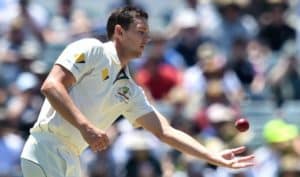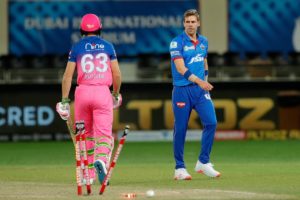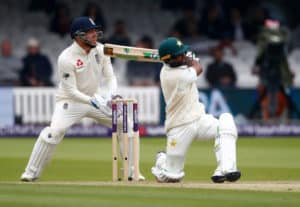South Africa will be thankful their crunch Champions Trophy encounter sees them return to The Oval in London, following a nightmare in Birmingham, writes GARY LEMKE.
Messrs Duckworth, Lewis (and Stern) have caused South Africans much cricketing angst over the years, most famously at the 2003 World Cup. Their method, based on a series of calculations in the event of a rain-shortened match, again haunted the Proteas, who were beaten by 19 runs at Edgbaston, to leave Group B in the balance.
However, this time round there was no controversy. Pakistan fully deserved their win against the No 1-ranked team in the world, their first in the Champions Trophy in seven matches, dating back to 2009.
It was a day when the Proteas changed from their familiar green shirts to an ‘away kit’ yellow, and in doing so it was the other team that stayed in green who looked the part.
From the wreckage of an upset defeat, firstly the positives for the Proteas. Remembering too, that this was against a team hammered in their opener by India, and who are competing in the heat of battle during the month of Ramadan.
Morne Morkel replaced Wayne Parnell at the end of the fifth over with Pakistan free-scoring at 32-0 chasing 220 for victory on a pitch that was by no means unplayable, but rewarded good bowling. And how the big fella responded, to haul his team back into the contest.
By the end of the 14th over, he had figures of 5-2-7-2 as Pakistan lurched to 55-2. They were still favourites, weather regardless, but Morkel had done the business, his line, length and aggression being too much for a nervy opposition.
It was Imran Tahir who replaced him, at the end of the 15th over – against Sri Lanka, captain AB de Villiers had waited until the 18th over to bring on the inspirational wrist spinner – but this time the magic deserted him.
Not that Tahir bowled badly, but eventually his four overs went for 16 runs, and given Pakistan were only chasing 220 and always in charge when it came to D/L with the clouds overhead, it was wickets required.
And, apart from Morkel, with his 3-18 off seven overs, no one else picked up a wicket before the game was called off at 119-3 after 27 overs. Even if the modern day’s viewpoint is that you double the score after 30 overs to see what you’ll get after 50 – providing there are wickets in hand – Pakistan were well on target to chase down 220.
With the bat, the Proteas found themselves 118-6, this after winning the toss and batting first. I have regularly maintained that South Africa over the past few years, taking the historical collapses out of the equation, are a better side chasing than setting a target.
Even after the game, De Villiers admitted that he didn’t know what a par score for the day was. Perhaps 220 was, in his mind, given it was a fragile Pakistan who were the opponents. But against a better side, like England or Australia, you’d never accept 220 to be par. Anything under 250 would be sub-par, even on a surface that was a bit worn from previous matches – the ground staff hadn’t been able to produce a ‘new’ pitch because of the weather – so 275-300 was never realistic.
But, South Africa didn’t bat well, shackled by Pakistan’s spinners and then for an impressive eight overs by Hasan Ali, who picked up three wickets – Faf du Plessis, JP Duminy and Parnell.
With the bat, it was David Miller who hauled the Proteas into contention, aided by the long levers of Chris Morris in a 47-run partnership for the seventh wicket. Miller batted with maturity after coming in at No 5, when many might have felt Duminy could have come to the crease to help push the ones and twos.
But Miller, unbeaten at the end with 75 off 104 balls, was head and shoulders above the other Proteas batsmen on the day. He hit one four and muscled three sixes for only 22 in boundaries, which shows how he toiled, and showed that there’s more to his game than stand and deliver.
Now though, South Africa will face India in what presumably will be a match they have to win, or come home early. They have suddenly lost three of their last five ODIs. How quickly things turn.
Fortunately, they will return to The Oval in London where they will be a better side. But, having chosen the same starting XI so far, what do the selectors do? Parnell has been a liability with the new ball and Duminy’s position will come under renewed pressure.
The solution seems simple enough: Retain this XI and instruct the bowlers to bomb the Indian batsmen with a barrage of short balls. They don’t like chin music and South Africa have to be aggressive.
It will be a pitch where 300 is par, so getting regular wickets will be important. The Proteas ought to still be favourites against India, but they have suddenly made life tough for themselves. Again.
Photo: Gareth Copley/Getty Images





